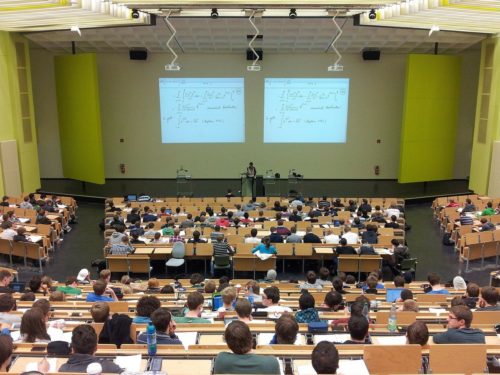
Case featured on Reason Magazine
From Doe v. Univ. of Connecticut, decided Thursday by Judge Michael P. Shea (D. Conn.):
This case challenges the fairness of disciplinary proceedings brought against Plaintiff John Doe by the University of Connecticut (“UCONN”) for alleged sexual assault, culminating in the Plaintiff’s two-year suspension from the University…. As set forth herein, the Court grants the Plaintiff’s motion for a Temporary Restraining Order {allow[ing] him to “rejoin the class of 2020” and register for Spring classes}.
[A.] Irreparable Harm
Based on the facts alleged in the complaint, the Plaintiff’s affidavit, and the documents submitted in support of the motion, it is clear that the Plaintiff will suffer irreparable harm if he cannot enroll in UCONN this semester. The January 15, 2020 letter from UCONN to the Plaintiff states that his suspension is “effective from December 16, 2019 through January 1, 2022.” Though he may apply for readmission in 2022, his “[r]eadmission to the University is not guaranteed” and “reacceptance into your school or college is at the discretion of the school or college.” In addition, “[a] notation of Suspension shall be placed on [his] official transcript until graduation” and “[t]he University of Connecticut will not accept credits earned at another institution during a period of suspension.”
In his affidavit, the Plaintiff explains that he was “majoring in Management Information Systems in the UConn business school” and “had only one semester to go before graduating.” He was in good academic standing, with a 3.5 GPA and an unblemished record, and he held a job on campus. After the suspension, even if he is readmitted to UCONN, he would “still have to reapply to the business school to complete [his] degree.” He avers that “[w]ith a finding of responsibility for a sex crime and a two-year gap in [his] educational record … [his] educational and career prospects are forever changed.”